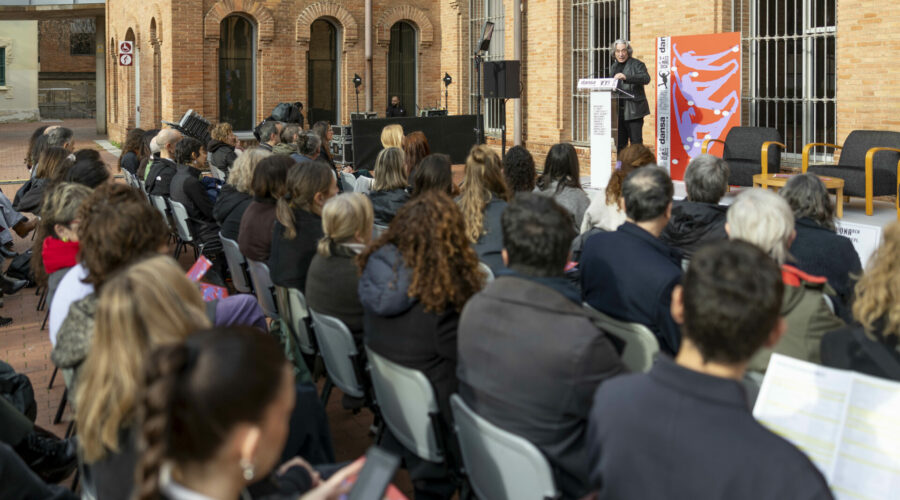
The new Tax on Stays in Tourist Establishments, lodging tax, will be applied as from April 1, 2023.
From this date the levy per night and per person staying in five-star hotels will be €6.25.
The amount required is reduced to 4.45 euros in four-star hotels and 5 euros for tourist apartments.
In the case of cruise passengers, the tax will be 5.75 euros per day for stays of more than 12 hours, and 3.75 euros for stays of less than 12 hours.
In this way, from April 2024 all categories will be increased by half a euro, which has implied an increase by tranches since 2021 when the surcharge was decided.
The lodging tax in BCN is increased.
In this way, Barcelona, one of the most visited cities in Europe, is preparing for a new increase in the tourist tax.
This situation has generated alarm among hoteliers and has fueled criticism of the tourism-phobic policies of the City Council.
Although the tourist tax is common to almost all European destinations, the combination of the part set by the City Council and now the Generalitat, has put Barcelona among the European cities where this tax is higher.
Hoteliers see in the increase of the tourist tax a new blow for a sector that is already very affected by the pandemic.
The general director of the Barcelona Hotel Guild, Manel Casals, has expressed his categorical rejection of the new tax.
This will have repercussions, he says, in that “it will make the city less competitive to the detriment of other destinations with which we compete and which do not apply it, particularly Madrid”.
Hotel concerns
The Barcelona City Council’s tourism policy has been criticized by the tourism sector, which contributes around 13% of the city’s GDP.
The moratorium on the construction of new hotels and the ban on transforming some buildings into luxury hotels, such as the former Deutsche Bank building, have been considered tourism-phobic measures.
The implementation of a specifically Barcelona surcharge per overnight stay from 2021, added to the Tax on Stays in Tourist Establishments already applied by the Generalitat since 2013, has been seen as yet another measure to increase taxes on tourists.
Hoteliers are very concerned and fear that this measure will reduce Barcelona’s competitiveness compared to other tourist destinations where this type of tax is not applied.
The guild described this tourist tax as the new “axe” that will undoubtedly affect the tourism sector of one of the cities in Spain with the highest number of visitors per year for tourism and business reasons.



